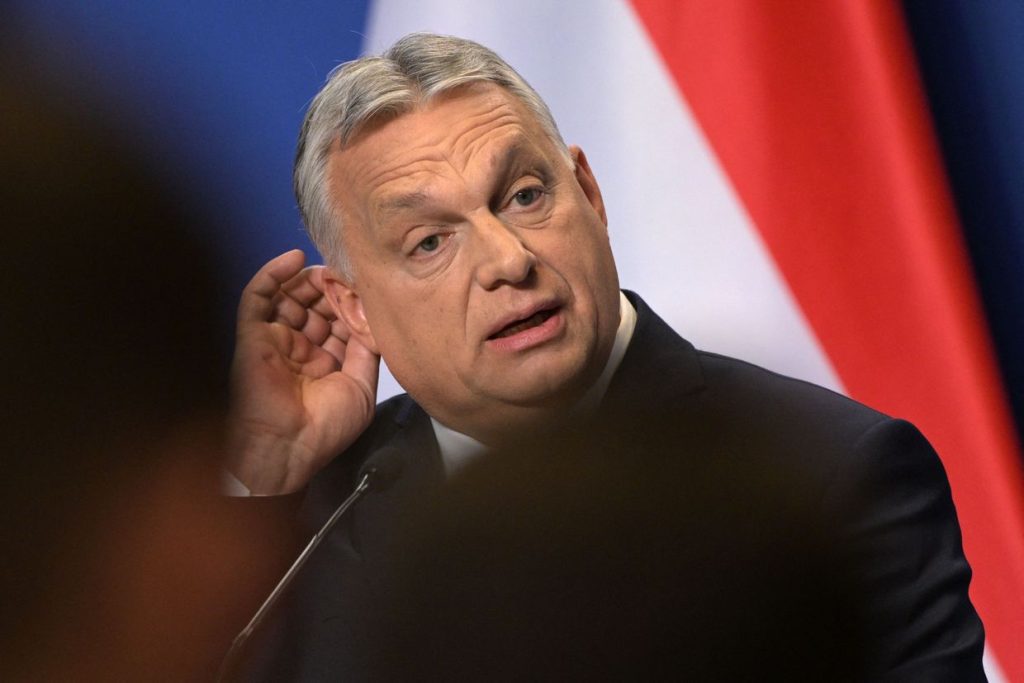Polish Deputy Foreign Minister Wladyslaw Teofil Bartoszewski expressed doubts about Hungary’s membership in the EU and NATO following controversial remarks by Hungarian Prime Minister Viktor Orban. Orban had criticized Poland’s “hypocrisy” and accused the country of changing the balance of power in Europe. Bartoszewski questioned why Hungary would want to remain a member of organizations that it supposedly disliked so much. He also mentioned that Budapest was blocking funds owed to Poland from the EU for reimbursement for military equipment given to Ukraine. Hungary is often seen as a key ally of Russia in the EU, with Orban frequently blocking aid to Ukraine and pushing for negotiations.
Orban has significantly increased his attempts to position himself as a negotiator between Russia and Ukraine since taking the presidency of the European Commission. He embarked on a “peace tour,” meeting with Russian President Vladimir Putin, Chinese leader Xi Jinping, and former US President Donald Trump. Orban claimed that peace could only be brought from outside, as both Ukraine and Russia believed they could win and were unwilling to negotiate. His visits sparked criticism from the EU and Ukrainian President Volodymyr Zelensky, with the latter stating that NATO and the EU could resolve the war without Orban’s interference. Orban proposed that the EU should join China and the US in pressuring Russia and Ukraine to start peace negotiations, particularly in anticipation of a potential return to power by Trump.
Orban’s speech at the Tuscanos Summer University also attracted negative comments from the US ambassador to Budapest. Bartoszewski described the speech as an attack on Poland, the US, the EU, and NATO. He questioned Hungary’s alliance with organizations that it apparently mistreated and suggested forming a union with authoritarian states like Russia instead. Bartoszewski labeled Hungary’s current policies as anti-EU, anti-Ukrainian, and anti-Polish. He pointed out Budapest’s ongoing blockage of funds owed to Poland from the EU and its alignment with Russia’s interests in the EU, emphasizing Orban’s history of supporting Kremlin talking points and urging negotiations between Russia and Ukraine.
Orban’s efforts to position himself as a mediator in the conflict between Russia and Ukraine have drawn criticism from various quarters, including the EU and Ukrainian authorities. His meeting with Putin, Xi Jinping, and Trump during his supposed “peace mission” raised concerns about his intentions and the role he sought to play in the resolution of the conflict. Orban’s calls for the EU to take a stronger stance alongside China and the US in pressuring Russia and Ukraine to negotiate peace highlighted the complex dynamics at play in Eastern Europe and the conflicting interests of different regional actors. The tensions between Hungary and Poland over Orban’s remarks and actions further underscored the challenges facing the region and the need for careful diplomacy and strategic alliances to address these issues effectively.
Overall, the situation between Hungary and Poland, as well as Orban’s involvement in the conflict between Russia and Ukraine, reflects broader geopolitical tensions in Eastern Europe. Orban’s attempts to position himself as a mediator and to influence EU policy in relation to Russia and Ukraine have raised concerns among Western allies and regional partners. The disagreements between Hungary and Poland over Orban’s comments and actions suggest a fracture within the Visegrad Group, potentially undermining the unity of Central and Eastern European states within the EU. As Hungary continues to pursue its own interests in the region, questions remain about the future of its relationship with the EU and NATO, and the broader implications for regional stability and security in Eastern Europe.


